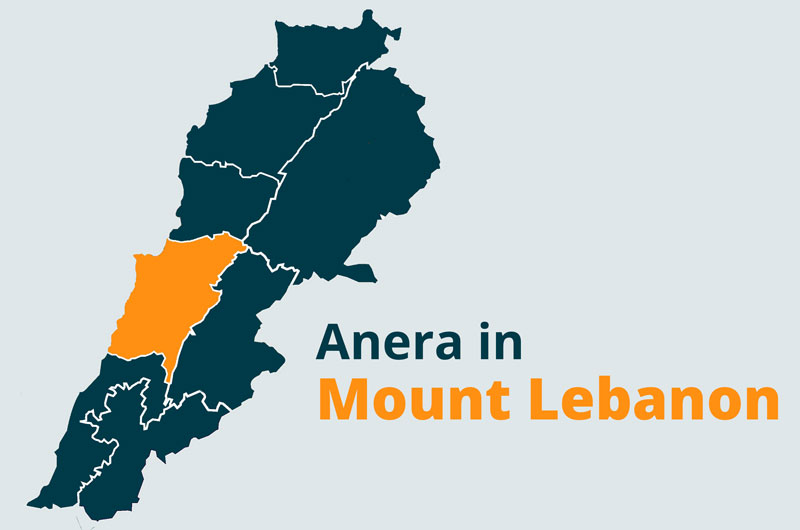HEALTH
Refugees Access Health Care in Kamed Allouz, Lebanon
Sep, 2016
In Lebanon, one in every three people is a refugee. The effects of the refugee crisis have been well-documented in urban centers like Beirut.
But what about the effects on rural areas, where services are few and far between?
It’s estimated that 86% of Syrian refugees reside in rural areas, most notably in the Bekaa Valley region of eastern Lebanon. In 2015 there were about 410,000 Syrians in Bekaa – almost equal to the number of Lebanese who already lived there.
The population boom in Bekaa put unprecedented pressure on services and infrastructure. Because of this strain, municipalities in the region are incapable of providing residents access to basic services like health care.
For this reason, refugees in Bekaa often use local dispensaries for health care. Like many Lebanese citizens, refugees access health care services out-of-pocket. They spend roughly 18% of their income on health care.


Othman said that when it comes to dental health care, lab tests, x-rays, and medicine, the rates are 40-50% lower than in private clinics, "but the shortage of medicine is the biggest challenge we face.”
For this reason, refugees in Bekaa often use local dispensaries for health care. Like many Lebanese citizens, refugees access health care services out-of-pocket. They spend roughly 18% of their income on health care.
In the village of Kamed Allouz, many residents from Syrian and host communities go to the Mohammad Ali Waked Dispensary.
“The fees are minimal and medicines are provided free of charge,” explained Khaled Othman, the clinic manager. Othman said that when it comes to dental health care, lab tests, x-rays, and medicine, the rates are 40-50% lower than in private clinics. However, he added, “the shortage of medicine is the biggest challenge we face.”


Recovery from Surgery within Reach
“My family always comes here for health care,” said Mohammad Hammoud, a local from Kamed Allouz. He makes little income at a small village shop and his wife doesn’t work. So finding affordable health care for his family of four has been a challenge. He added, “the services here are of excellent quality and the doctors are experienced.”
Mohammad comes to the dispensary for Naproxen tablets, which was prescribed to his teenage son after surgery left him with critical bleeding. Naproxen is a painkiller used for post-surgical recovery. However, underprivileged patients often choose to forego painkillers, said Anera pharmacist Lina Atat. “They find it a burden to purchase them among a long list of other medicines.”
Health Care Assistance from a Coalition of Partners
The dispensary in Kamed Allouz serves about 600 patients each month. Lebanese, Syrians and Palestinians from Kamed Allouz and neighboring villages go to the clinic to for their health care needs.
Anera delivers assistance to the clinic through its longtime in-kind partner, the YMCA. A donation from International Health Partners, with funds from the Zakat Foundation, allowed Anera to deliver the painkiller and other vital medicines. Donations like these let refugees access health care in the face of poverty.


